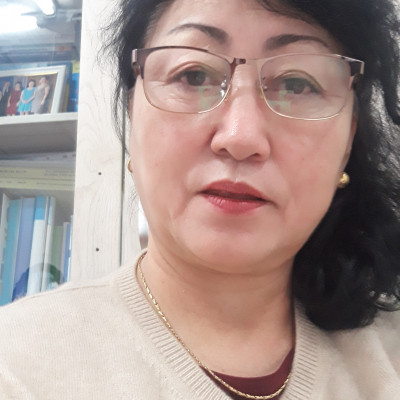Sessions / Location Name: Room JGR
Virtual Location
Virtual: You cannot enter virtually via this page. Click on the titles of individual presentations or go to the Live Page
Asset-Based Teaching Approach: Changing Perceptions to Create a Sense of Belonging #2791
We often hear about people who believe the glass is half empty or half full. Have you heard the glass can be refilled? How does changing our perception from a deficit mindset (glass half-empty) to an asset-based mindset (glass can be refilled) improve how we perceive our students and how they perceive themselves? What is an asset-based approach to education? All students need to be “seen” in classroom materials and find relevance in topics that connect with their interests to be engaged with the content. Lowering our expectations of students or having a deficit mindset influences how students think of themselves. This session will focus on an asset-based approach that emphasizes how to instill a sense of belonging in language learners by scaffolding new content, engaging students with classroom materials they relate to and are excited about, and providing edtech solutions that ensure inclusivity and acceptance of learning differences.
Multilingual Learners: Why Do We Need to Use the Right Terminology? #2905
Over the last two decades, the United States has increased their population of K-12 students for whom English is not their first language. Many educators and administrators have referred to these students as English language learners (ELLs), English as a Second Language Learners (ESL), and/or Limited English proficient students (LEPs). However, based on the terminology, these descriptions are misrepresentations. I argue that students who speak more languages than just English or students who speak their native language but are not yet fluent in English should be referred to by educators as Multilingual Learners (MLs). Using the term ELLs has implied misconceptions of students’ equity and can lead to misrepresentation in the classroom. Through this dialog in this conference, I would like to converse about how other scholars think about K-12 students who speak more than one language and create support for Multilanguage Learners by using the correct terminology globally.
The Impact of ESP on Student Development #2666
Partner Session (ELTAM)
The field of English for Specific Purposes (ESP) addresses the communicative needs and practices of particular professional or occupational groups. The study examined the potential for influencing student development through the ESP-310, a special English course at the School of Business Administration and Humanities at the Mongolian University of Science and Technology. The study identifies the learning environment, teacher-student relationships, teaching materials, and teaching methods as important factors in student development. In addition, a survey of students who took the course was conducted to consolidate the results. This study shows that business English can have a positive impact on student development.


